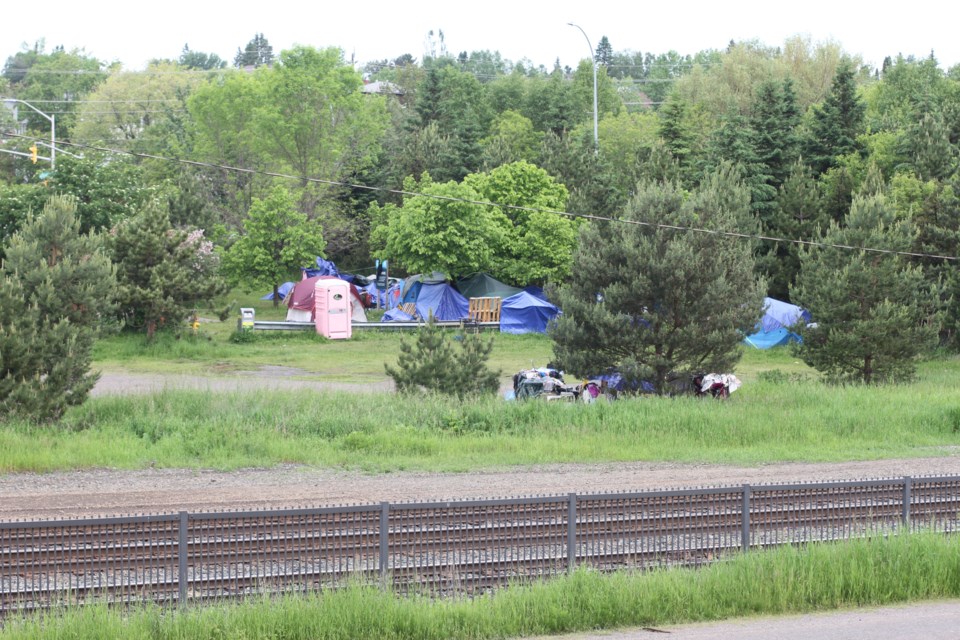THUNDER BAY — The report regarding designated encampment sites will be discussed during Monday's city council meeting.
Council members will discuss the report that was put together by administration regarding possible designated encampment sites.
The report outlines two options: designated encampments and permissible encampment sites.
With an estimated cost of $2.1 million per designated site, administration estimates the city would require a minimum of six sites to provide temporary space for people experiencing homelessness. This would come to an estimated total of $12.7 million per year, which includes just over $3 million in one-time costs.
City administration is recommending the second option, permissible encampment sites (PES). The report states that PES would have established distance guidelines "that strike a balance between public interests and encampment resident needs and human rights."
These would only be guidelines and not enforceable via bylaws or through policing.
The report also suggests investigating further into a pilot project for built-structure sites, such as a pallet shelter village at the Viscount parking lot at the corner of Victoria Avenue and Simpson Street.
The parking lot is centrally located in the south end and could accommodate up to 23 cabins, including two hygiene stations and a laundry unit.
The lot is also located across the street from Shelter House and other supportive services.
In an interview, Coun. Brian Hamilton said he wants to let community service providers lead the way.
"We need to let them lead — that's absolutely critical. They're the ones on the ground every day, day in and day out. They know the situation, they know the people, they know the needs, and I'd be looking for suggestions from them.
"It's incumbent on us to let the community partners lead in this case and be as supportive as we can as a community and as a council."
It's unlikely that any solution will come to fruition this calendar year, but Elevate's executive director, Holly Gauvin, said she's impressed with the report's level of detail.
"There's quite a bit of detail in how the camps would need to be organized and set up in order to really help support people in a good way. There's everything from sanitation to hygiene to access to resources and food. It's a really robust response, much more robust than we've seen in previous iterations."
Gauvin estimated that there are between 135 and 157 individuals that Elevate is aware of who are living in encampments, which is more than the approximate 80 to 90 people that were accounted for at this time last year.
